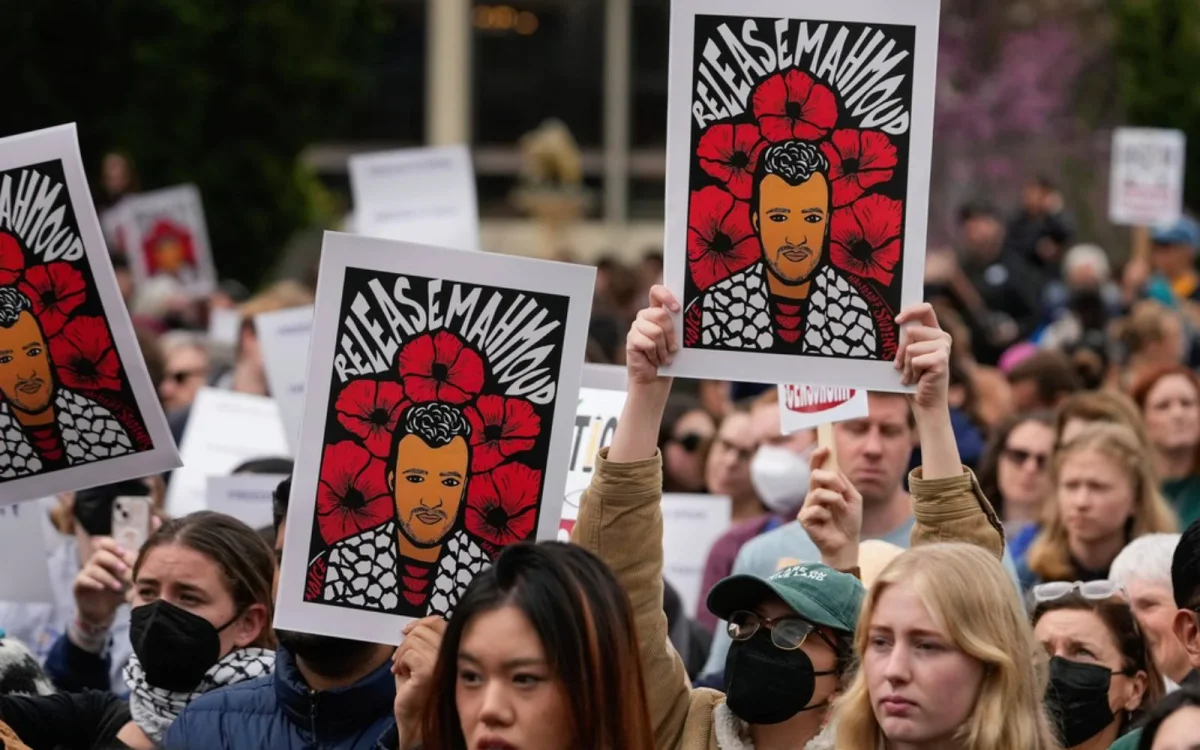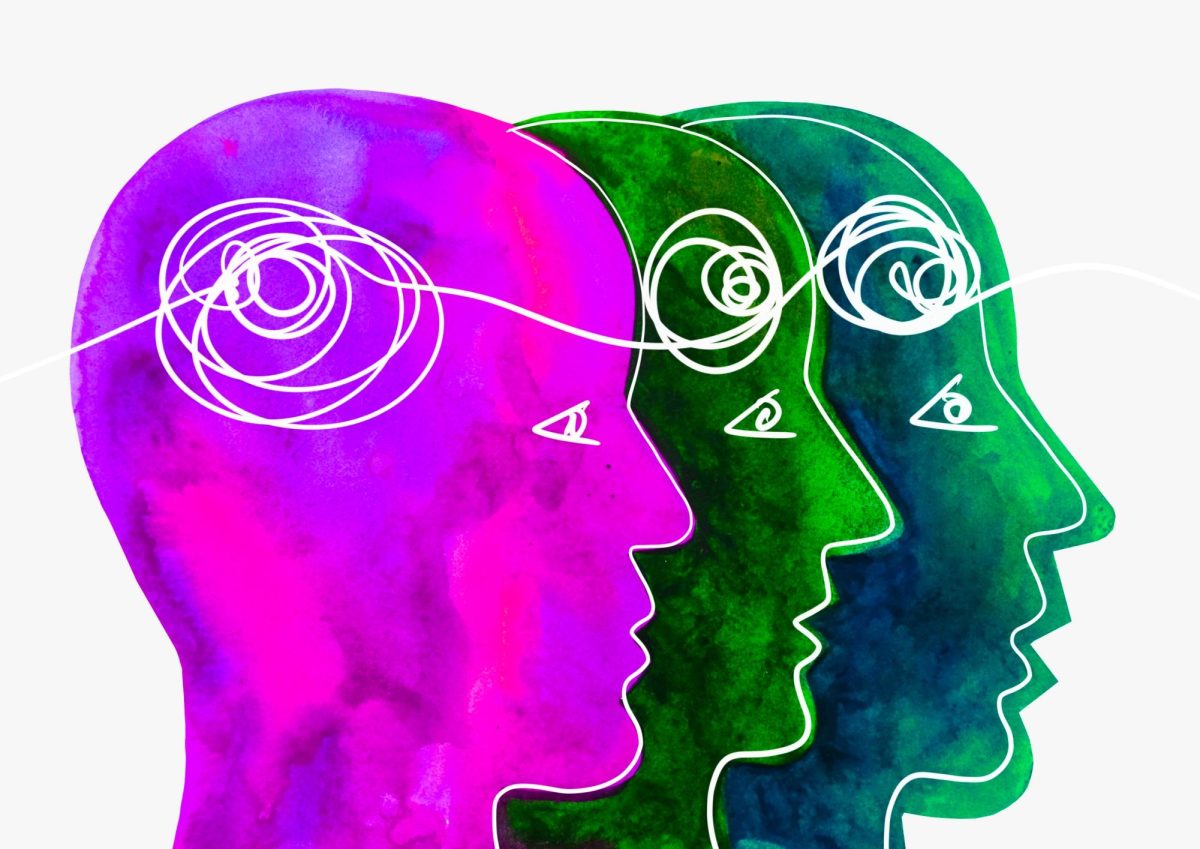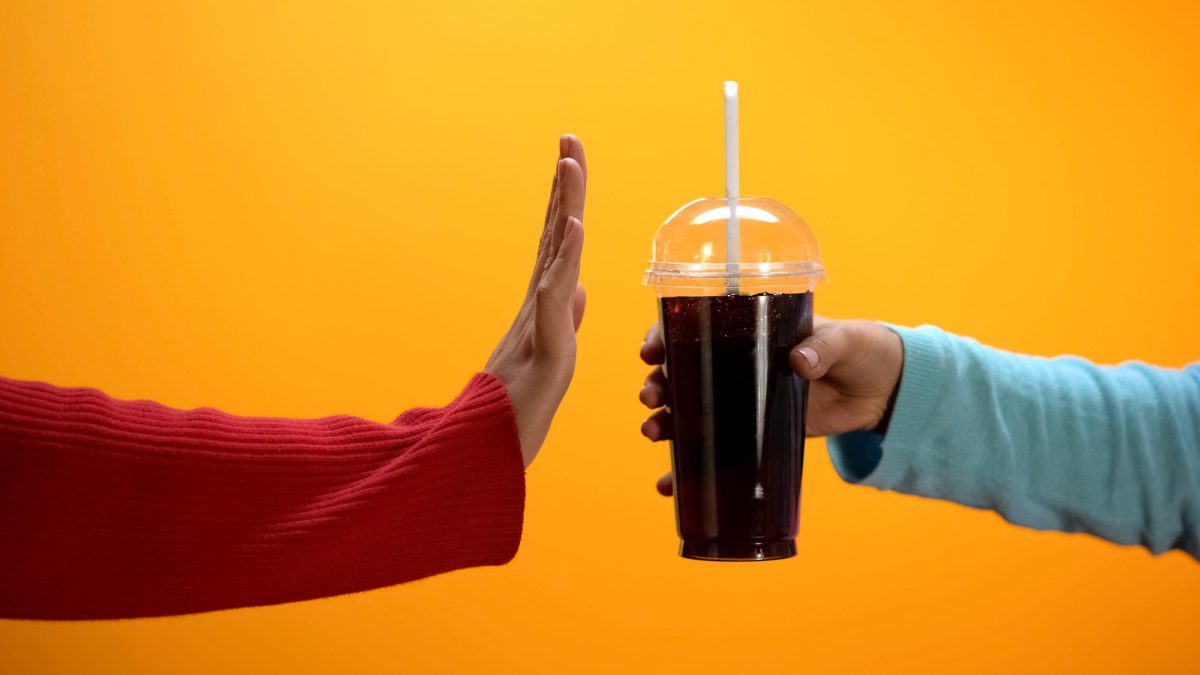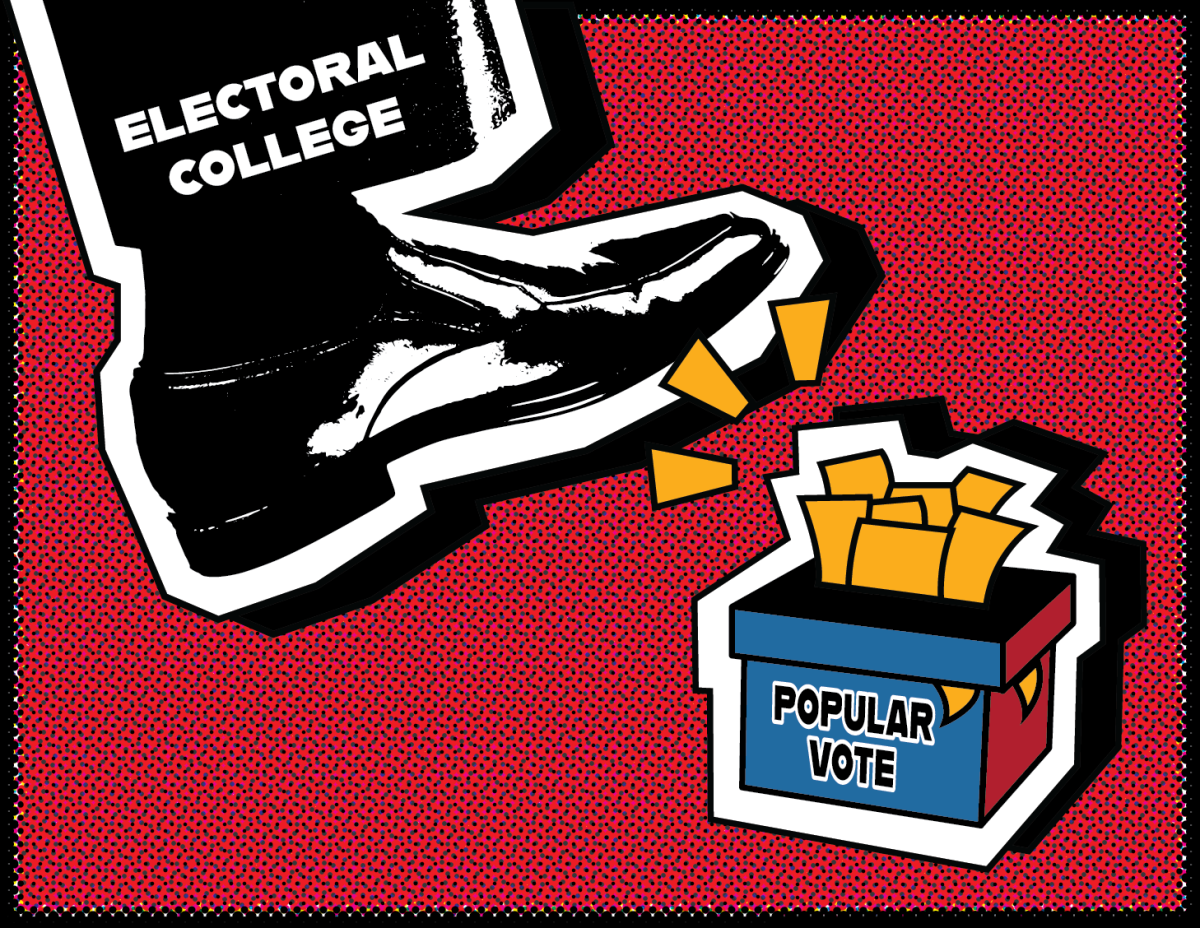America’s empathy problem goes beyond indifference; it’s rooted in a self-focused, almost spiteful way of thinking that’s holding our future hostage.
How many people do you know who voted? How many do you know who didn’t?
Many Americans cast their votes not to support constructive policies but to fuel their own anger, latching onto candidates that validate their personal resentments. Others do not vote at all because ‘their vote won’t change anything’.
Why did minorities vote for Trump?
About a quarter of Hispanic respondents in an Edison Research exit poll said most immigrants in the country without documentation should be deported to the countries they came from, compared with 40% of voters overall in the poll.
Others in the Latino community seem to like Trump for his economic policies and the myth of cheaper groceries.
“Out here, you pay $5 for a dozen eggs. It used to be $1, or even 99 cents,” said Samuel Negron in Pennsylvania for BBC, “A lot of us have woken up, in my opinion, from Democratic lies that things have been better. We realized things were better then.”
Focusing on smaller aspects like the price of groceries or gas, it seems like voters will choose whoever will benefit them personally, no matter the cost or consequence for others.
In recent years, voting has become less about policy and more about personal vendettas.
People aren’t voting based on data or policy proposals. Because, if they were, they’d know that economists say that Trump’s economic policies will likely result in prices going up rather than down.
Already, businesses are preparing for the high costs they’ll face with the tariffs Trump has campaigned on.
“…Tariffs are paid by the companies or entities importing goods and not by the countries themselves. This means the cost of buying products from overseas would rise sharply,” said Neil Saunders, Managing Director and Retail Analyst at GlobalData Retail, in a research note on Nov. 6.
Despite many economists sharing these views, U.S. voters have proven they’d rather vote with their emotions and the belief that “they” (Democrats) are the enemy.
Any fact or information that doesn’t align with what Trump has claimed is flat-out ignored. Their votes are about what affirms their anger in the moment, reinforcing a cycle of hate and resentment.
So why exactly does this matter?
We often hear that people vote based on “kitchen-table issues,” but voting out of fear or anger only satisfies the immediate need for validation, which is already being speculated to come back and bite the entire country.
Family and community should be strong motivators for voting, but instead, they’ve been swapped out for what’s “best” for ourselves, feeding a destructive cycle of short-sighted choices over real, sustainable solutions.
Blood is thick, yes, but according to America, it’s nothing compared to the lie of cheap groceries and lower gas prices.
This immediate self-gratification ignores the needs of our future generations, and the false promise of your own gain will harm children more than it claims to help.
Like the gradual heating of a bathtub, the erosion of rights often goes unnoticed until it’s too late.
Trump’s presidency ended years ago, yet the consequences are still playing out, and with his reelection, we may see the rise of even more fundamental human rights being stripped away. Many of Trump’s previous administration had a hand in writing Project 2025, which is designed to gut abortion access, roll back trans rights, and essentially turn America into a surveillance state by limiting our access to media that is considered a ‘vice’.
But these losses won’t just happen overnight; it’ll be the result of years of reactive voting without thinking about the long-term consequences.
The reality is that many of the challenges we now face are the result of decisions made long before we felt their effects.
Two years after Trump left office, the Republican majority in the Supreme Court was able to successfully overturn Roe v. Wade—an outcome that was decades in the making.
The impact of Roe V. Wade’s loss has been seen most notably in Nevaeh Crain’s story, which despite happening a year ago, has recently made headlines throughout the U.S.
At six months pregnant, Crain began experiencing symptoms like a headache, fever, nausea, and vomiting, which were later found to be caused by sepsis from a miscarriage.
Living in Texas, she and her family had to wait to receive any reproductive medical care until she began bleeding heavily from her nose, mouth, and between her legs. Crain passed away in the intensive care unit just hours after her mother desperately begged doctors to intervene.
While Roe V. Wade and reproductive rights is a common Democratic talking point, it’s not the only threat to women following Trump’s reelection.
AOL reports that many women have faced men writing “your body, my choice” on their social media posts, as an inverse to the feminist slogan “my body, my choice”.
The phrase has quickly gained traction on TikTok, where women have expressed feeling that their bodies no longer belong to them in the wake of the presidential election results.
We have effectively built a pathway for these types of men to feel comfortable saying these things without consequence, setting up the next generations to lose.
It’s not only an issue with our presidential votes, but local ones too.
California has successfully voted against three more ‘liberal’ propositions on their state ballot, restricting the state as a whole.
Proposition 6, which aimed to end involuntary labor by incarcerated individuals, was rejected with 54.8% voting ‘No’. Proposition 32, which proposed raising the minimum wage to $17/hr and $18/hr starting January 1, 2025, was also rejected with 51.8% voting ‘No’. Proposition 33, which would repeal the ban on local rent control, was rejected with 61.4% voting ‘No’.
Voting based only on present convenience, or on what’s right in front of us at the moment, sacrifices the needs and rights of those who come after us.
Take climate change, for example. During Trump’s first term, he withdrew the United States from the Paris Climate Agreement, citing the “unfair economic burden” it placed on American workers. The decision was highly protested by various scientists and science advocacy groups.
In other administrations, such as Bill Clinton’s, acts that were designed to reduce the negative effects of climate change had trouble getting backed by the Senate.
The Republican Senate majority shows just how powerful short-sighted voting can be. The Senate has the power to confirm judicial nominees of the Supreme Court, making it all too easy for Trump to reshape the courts for decades.
With Senate support, he could urge for current justices to retire, and replace them with much younger candidates that share his views, locking us all in for that lifetime appointment.
“I expect Alito to announce his retirement in the spring of 2025…I hear some folks say that Thomas won’t retire,” wrote Ed Whelan, a conservative lawyer, in an essay on the National Review’s Bench Memos blog, “But it would be foolish of him to risk repeating Ruth Bader Ginsburg’s mistake… So expect him to decide to retire in the spring of 2026.”
Rights we may take for granted, like what happened with reproductive choice, could continue being steadily rolled back as the Supreme Court sees fit.
Future generations of Americans will live in a country shaped by today’s selfish votes, where affordable housing and essential freedoms are out of reach.
To move forward, we must vote with empathy, valuing long-term stability over short-term satisfaction.
It’s time to prioritize the common good over fleeting anger because by focusing on winning in the moment, we’re setting the nation up to lose the future.




















